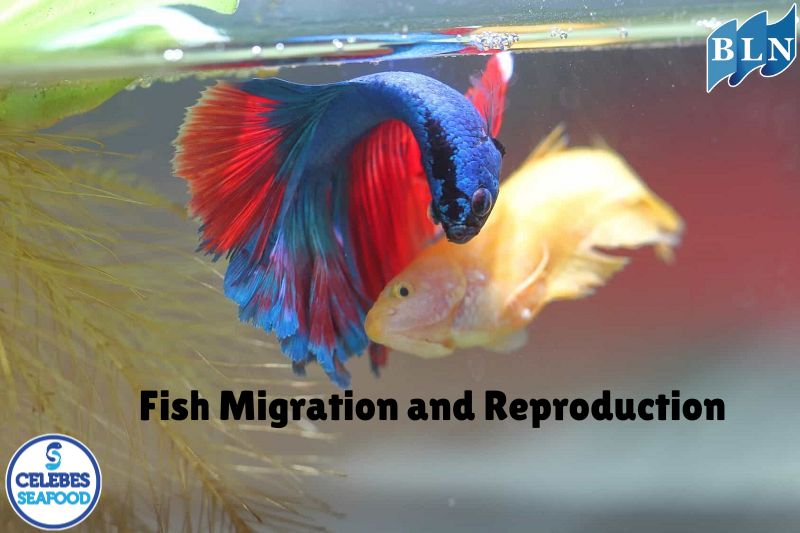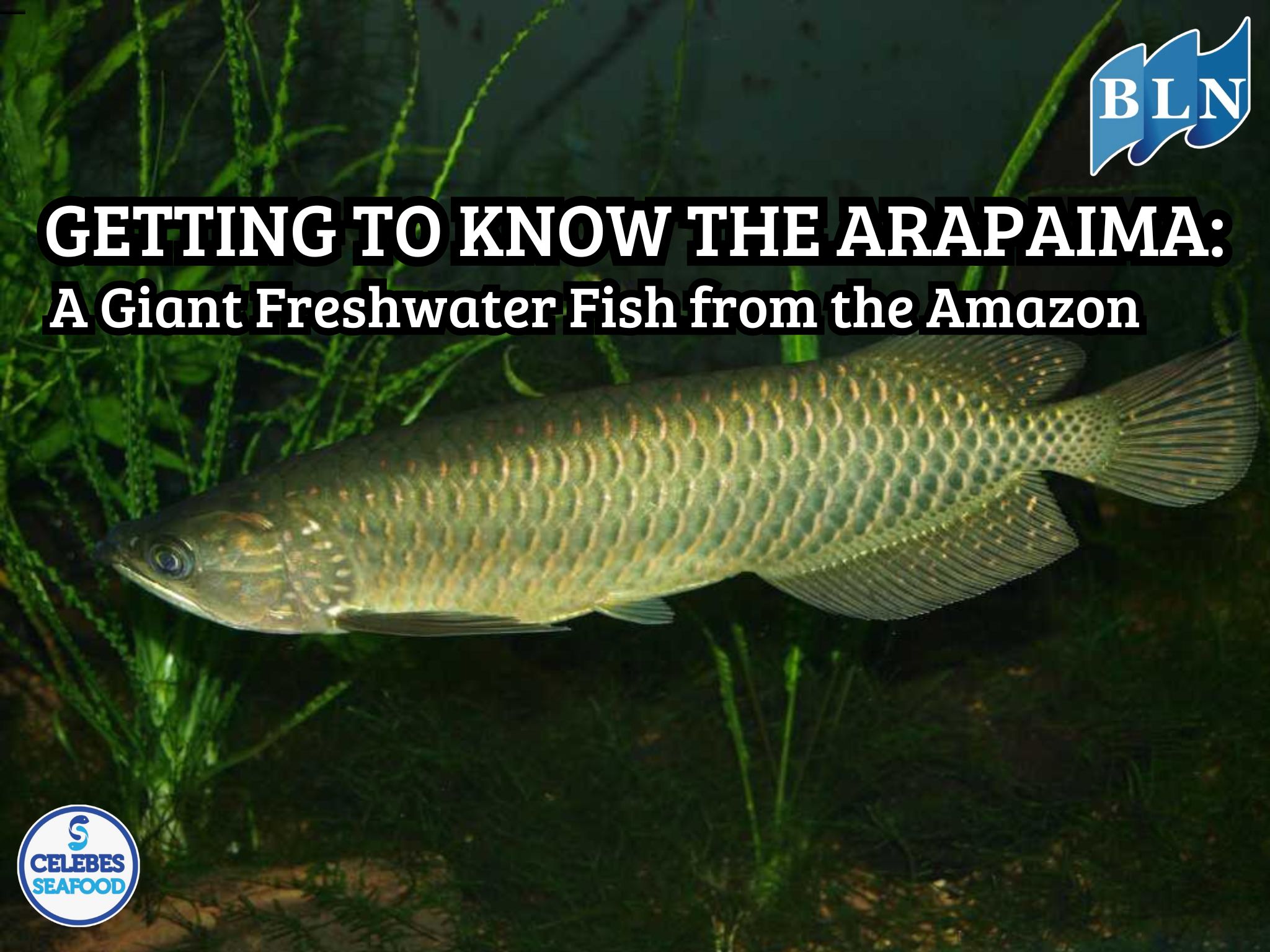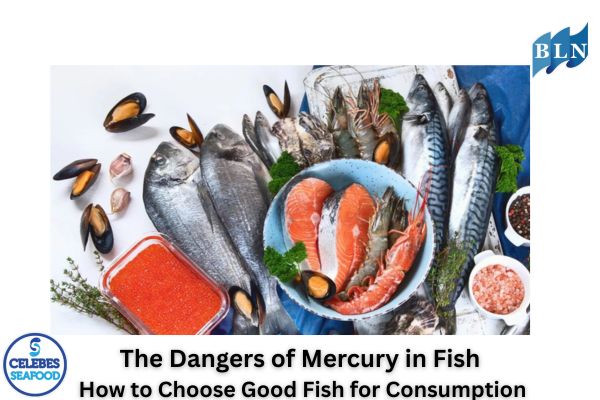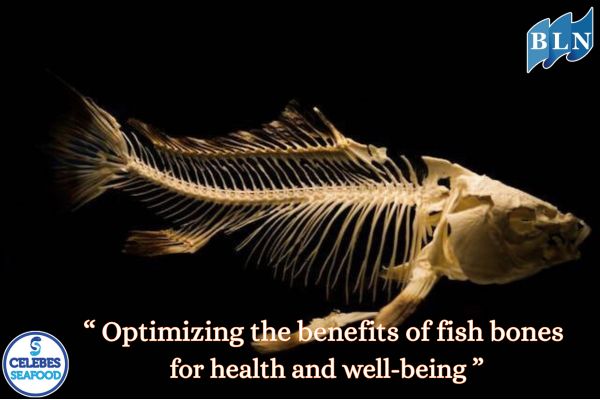5 Coral Reef Roles To Aquatic Ecosystem
By. Nevanda - 22 Jun 2023
lautnusantara.com - Coral reef ecosystems play a vital role in supporting fisheries and the overall health of marine ecosystems. Here are some ways in which coral reefs contribute to fisheries:
1. Fish Habitat
Coral reefs provide diverse and complex habitats for a wide variety of fish species. They offer shelter, breeding grounds, and nurseries for numerous fish populations, including commercially important species. Many fish species depend on coral reefs throughout their life cycles, utilizing the reef for feeding, protection, and reproduction.
Read also: 5 Reason Why Freezing Is A Great Way To Preserve Fish
2. Fish Spawning Grounds
Coral reefs often serve as essential spawning grounds for various fish species. The complex structure of coral reefs provides hiding places and protection for eggs and larvae, increasing their chances of survival. As a result, coral reefs support the reproductive success and recruitment of fish populations.
3. Food Source
Coral reefs support a diverse array of marine organisms, including plankton, which forms the base of the food chain. This rich food supply attracts a wide range of fish species that feed on the organisms associated with the reef. These fish, in turn, provide a valuable food source for larger predatory fish, as well as for human populations that rely on fishing for sustenance.
Read also: 5 Ways to Tell Skipjack Tuna and Mackerel Tuna Apart
4. Trophic Relationships
Coral reefs are part of intricate food webs where various organisms depend on each other for survival. Fish inhabiting coral reefs contribute to the trophic relationships by consuming smaller organisms like plankton and invertebrates. Predatory fish on coral reefs help control the population sizes of their prey species, preventing overpopulation and maintaining ecological balance.
5. Economic Value
Fisheries associated with coral reefs have significant economic importance, particularly in many coastal communities around the world. Coral reef fisheries contribute to local livelihoods through employment opportunities and income generation. They provide a source of protein for communities heavily reliant on fishing, as well as a valuable export commodity for countries engaged in international seafood trade.
Coral reef ecosystems are currently facing numerous threats, including climate change, pollution, overfishing, and destructive fishing practices. These threats can have detrimental effects on coral reefs and the fisheries they support. It is crucial to adopt sustainable fishing practices, protect coral reef habitats, and promote effective coral reef management to ensure the long-term sustainability of fisheries and the preservation of these valuable ecosystems.
Read also: Easy Fried Clams Recipe for Homemade Snack








